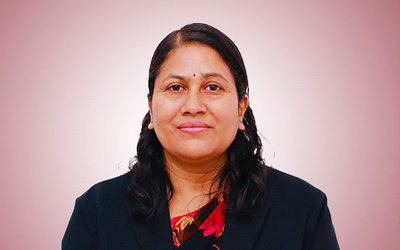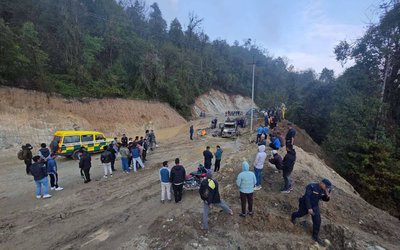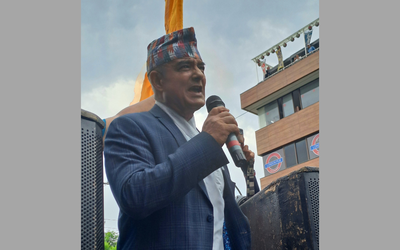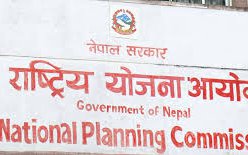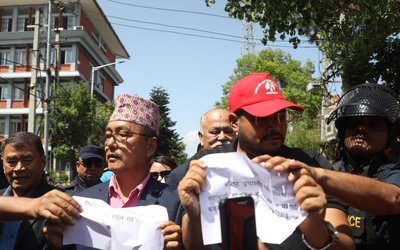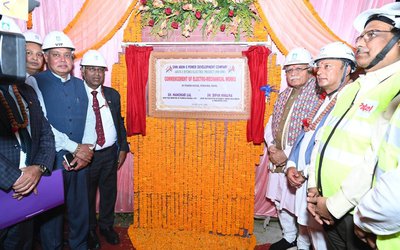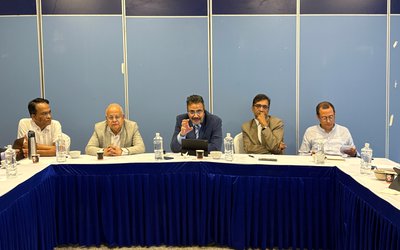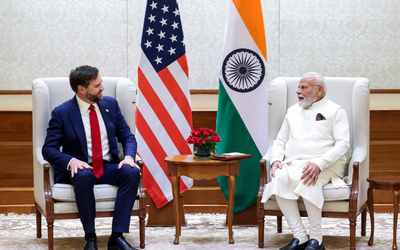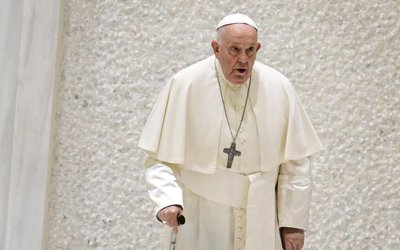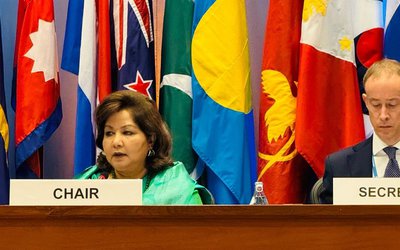
At a time when the country is heading to hold the elections for national parliament and provincial, two non-government organizations (NGOs) of Nepal and India have proposed revising Koshi and Gandak treaties.
Organized jointly in Kathmandu by Pro Public of Nepal and Indian Environment Law Organization (IELO), Shawhiq Siddiqui, a legal expert of IELO, said that the two treaties can be updated for addressing problems that communities in both Koshi and Gandaki river basins are facing addressing the Shared Watercourses Summit'. Siddiqui also said that most of the clauses in both the treaties include project development which has already been completed.
Supported by the Asia Foundation, the two NGOs are also involved in a project entitled 'Trans-boundary Water Governance' to find solutions for addressing the conflict between the communities of Nepal and India in both river basins.
According to My Republica, the proposal to revise the two treaties faced criticism from Nepali bureaucrats and experts. Nepali experts criticized the proposal saying that the overarching framework cannot be proposed at a time when such treaties have not been implemented duly, while Mahakali Treaty remains unexecuted for over two decades.
Saying that the Koshi treaty has not been implemented duly, former energy secretary Dwarika Nath Dhungel questioned: “Who was responsible for the 2008 Koshi floods?”
Former energy secretary Surya Nath Upadhyaya, who is also a member of Eminent Persons Group (EPG) on Nepal-India Relations, questioned who is responsible for maintenance of the barrage. “As none of the South Asian countries have ratified United Nation's convention on international watercourses, I think it would be unfeasible to implementing such proposal at this moment,” Upadhyaya said, adding that stress the need to implement the bilateral treaties first.
Mahendra P Lama, another member of Eminent Persons' Group on Nepal-India Relations, said that sharing of benefits like irrigation facility is not equal. “There are too many layers of institutions dealing with water issues. We do not know which really regulates and handles them,” explained Lama. “It is an opportunity to rethink the way to manage natural resources differently than in the past.”
Former energy minister Deepak Gyawali said that India was taking natural resources of its neighbor for granted. “This is the main problem in sharing of water resources between the two countries,” he added.
SD Muni, a professor at Jawaharlal Nehru University, said that Nepal has taken a denial mode in project implementation. Muni gave an example of Mahakali Treaty and failure of the Nepali side to implement it.
- Indian Power Minister Khattar Inspects Arun-III Project, Inauguration Of Koshi Corridor Postponed
- Apr 22, 2025
- US Reciprocal Tariff Is Likely To Be Limited: Experts
- Apr 22, 2025
- Nepal’s Snow Leopard Population Reached 397
- Apr 22, 2025
- Education Minister Bhattarai resigns from post
- Apr 22, 2025
- Foreign Minister Dr. Deuba Chaired Asia-Pacific region confronting
- Apr 21, 2025

